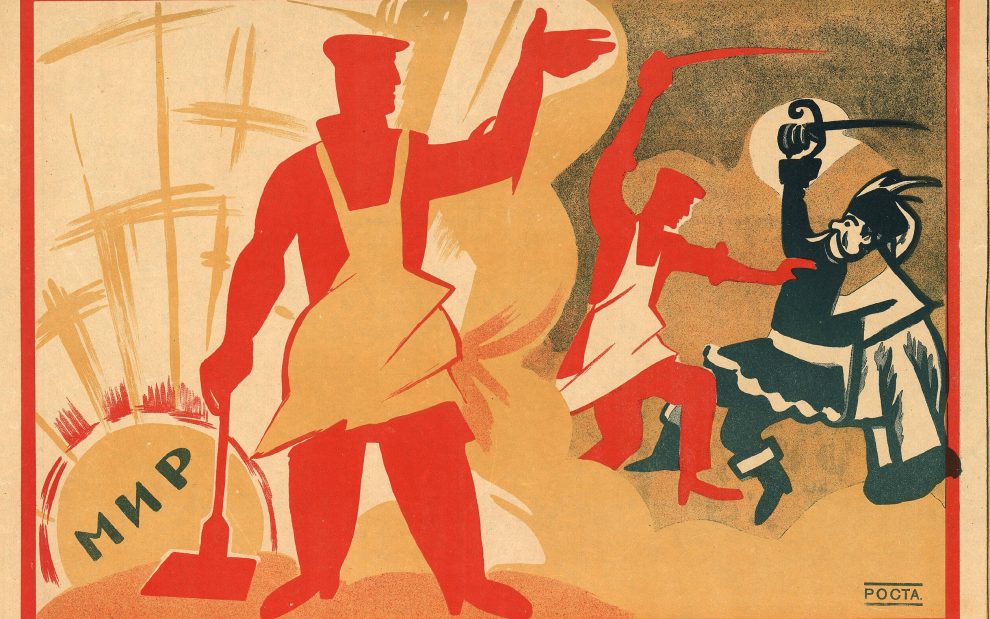The Acts of the Apostles gives us an idyllic vision of the earliest Christian communities:
All who believed were together and had all things in common; they would sell their possessions and goods and distribute the proceeds to all, as any had need. (Acts 2:44–46)
This sounds like paradise! Or perhaps more accurately, like the kingdom of God on Earth.
The emphasis is on the welfare of the community and the benefit of all rather than the individual. But to some readers, this also sounds suspiciously like communism, a political and economic system that aims to create a classless society in which wealth is divided among people according to individual need. With this comparison to communism, the emphasis on community ownership and distribution of goods might strike some as much less ideal.
Two chapters later we read, once again, that no one claimed private property, that everything was held in common, and that property owners sold their belongings and gave the proceeds to the apostles, who distributed it to those in need.
Does this mean that to follow the example of the earliest Christians, we must embrace communism?
It’s important to note that the motivations of the early church were entirely different from the goals of communism. The author of Acts does not connect these practices to a political movement. Members of the community freely chose to give up private ownership of goods to support the community. This was not strictly mandated by the apostles, nor was the point to disrupt existing class systems.
The early church was focused on building a community characterized by koinonia, which is sometimes translated as “fellowship.” Koinonia should be understood here as a strong sense of fellowship that carries over into all aspects of life. The passage from Acts 2 describes what an attitude of koinonia looks like: It leads to deep joy, generosity, goodwill, and praise of God. Acts 4:32 also sums up the spirit of koinonia nicely when it says that the community was “of one heart and soul.”
So, even if we don’t view the descriptions of early Christian life as blueprints for government, the practices of the early Christian communities do serve as essential models for Christians today. These Christians embraced a radical love of neighbor in which care for the community came above all else. When the early Christians shared their possessions, it was a free expression of the selfless love of neighbor that is at the core of the gospel.
Christians today of all political persuasions should practice this transformative love of neighbor that leads to fellowship and joy in the kingdom of God.
This article also appears in the August 2024 issue of U.S. Catholic (Vol. 89, No. 8, page 49). Click here to subscribe to the magazine.
Image: Wikimedia Commons, Soviet Union propaganda poster















Add comment